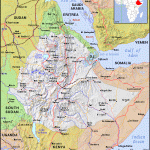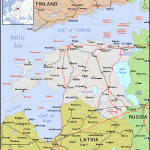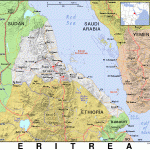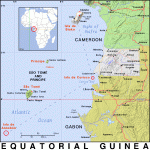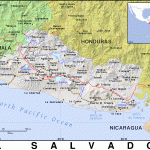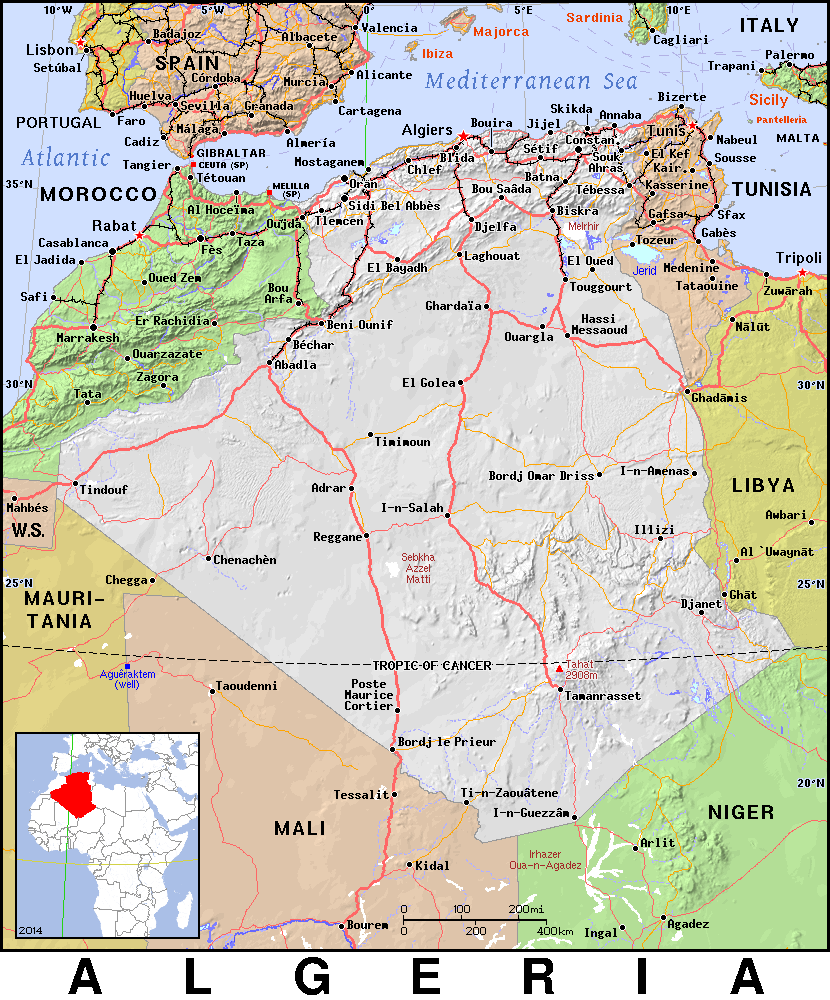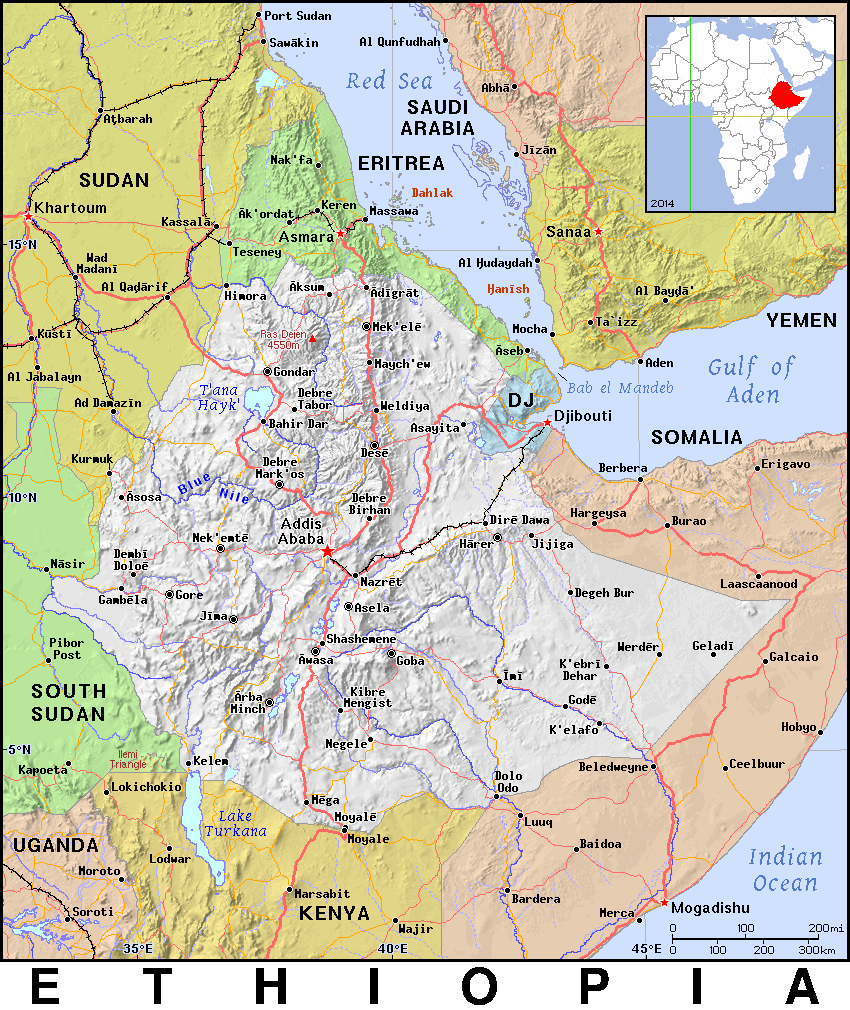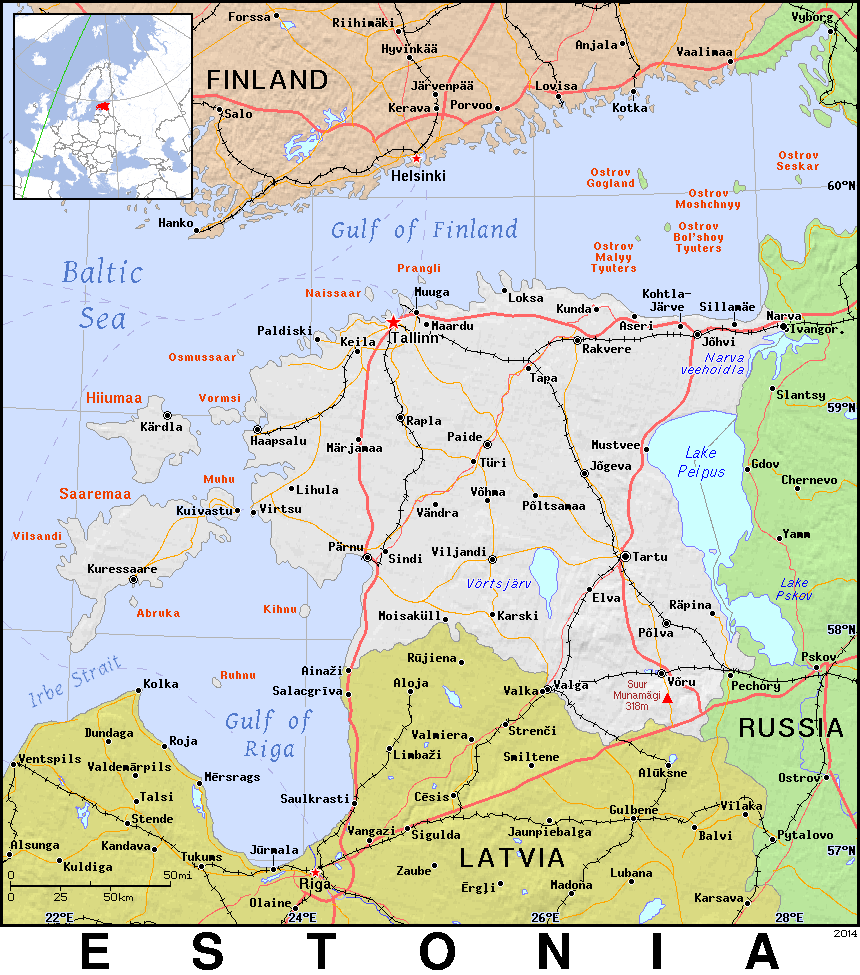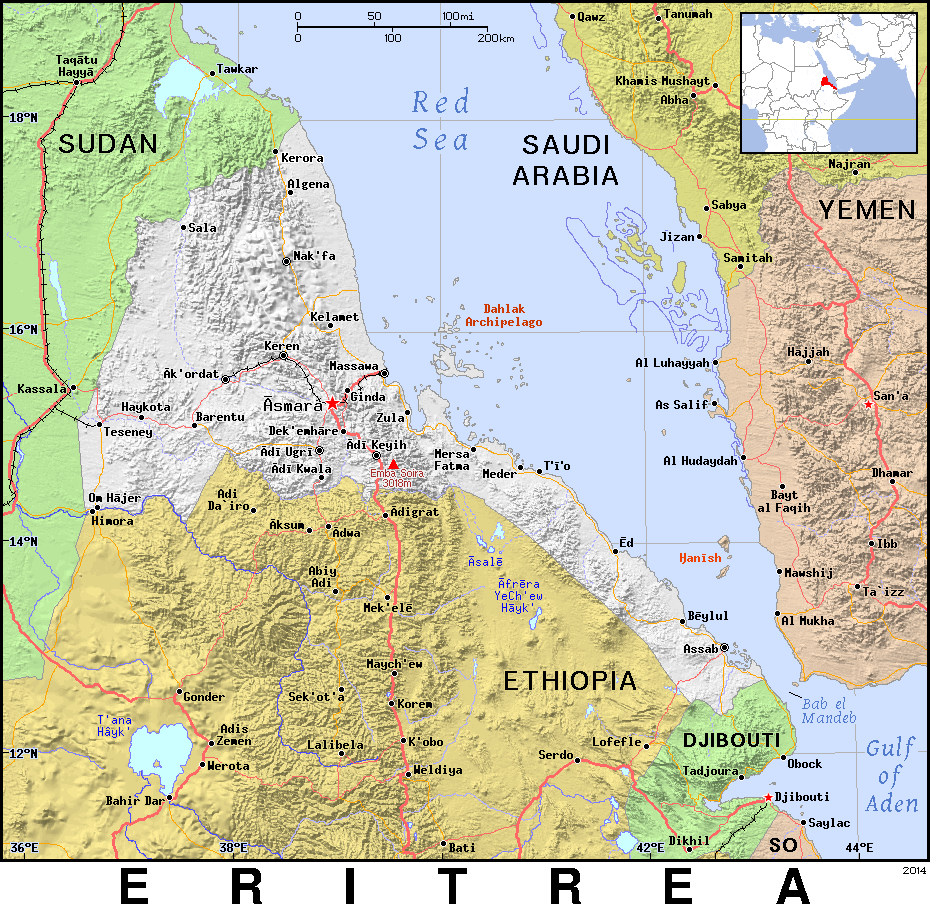Welcome to my blog post, where I will share some fascinating facts about Algeria and the top places to visit in this North African country. Algeria is a country that has a rich history and culture, and there is so much to discover. Whether you are a history buff, an avid traveler, or just looking for a unique experience, Algeria offers various attractions and activities that will capture your interest.
As one of the largest countries in Africa, Algeria is home to various landscapes, from the Mediterranean coastline to the Sahara desert. The country is known for its captivating architecture, mouth-watering cuisine, and friendly locals who are always happy to welcome visitors. In this blog post, we will explore some of the must-visit destinations in Algeria, including historical landmarks, natural wonders, and cultural attractions.
Whether planning a trip to Algeria or just wanting to learn more about this beautiful country, this blog post is for you.
1. Algeria is located in northwest Africa
Algeria is located in northwest Africa with a vibrant culture and rich history. As the largest country in Africa and the 10th largest in the world, Algeria offers a diverse landscape that ranges from sandy deserts to lush coastal plains. Tourism is essential to Algeria’s economy, with visitors drawn to its historic sites, unspoiled natural beauty, and delicious cuisine. Algeria’s history dates back centuries, and its population is a mix of different ethnic groups and religions, creating a unique and fascinating culture. Demographically, Algeria has over 43 million people, with Arabic and Berber as the official languages. With so much to offer visitors, Algeria is a must-visit destination for anyone seeking to explore the beauty and diversity of Africa.
2. It is the second largest country on the African continent
Algeria is a country that is known for its rich history, diverse culture, and breathtaking landscapes. One of the interesting facts about Algeria is that it is the second-largest country on the African continent, covering an area of 2.38 million square kilometers. Algeria is located in Northern Africa and shares borders with several countries, including Tunisia, Libya, Niger, Mali, Western Sahara, Mauritania, and Morocco. Despite its large size, Algeria has a population of only 44 million people, making it one of the least densely populated countries in the region. Understanding this country’s demographics, history, culture, and geography is essential for those who want to visit Algeria and experience its unique blend of tradition and modernity.
3. Its capital city is Algiers
Algeria is a North African country with rich culture, history, and demographic diversity. Its capital city is Algiers, located on the Mediterranean coast, and is one of the largest cities in the country. Algiers is a vibrant city with a mix of modern and traditional architecture and a rich history that dates back centuries. The city is a popular tourist destination, attracting visitors with its stunning beaches, charming cafes and restaurants, and historical landmarks like the magnificent Notre Dame d’Afrique Basilica. The city is also home to various museums, including the National Museum of Fine Arts of Algiers and the Museum of Antiquities. Overall, Algiers is a must-see destination for anyone interested in exploring the beauty and history of Algeria.
4. Both Arabic and French are official languages
Algeria is a fascinating country known for its rich culture, history, and diverse demographics. One interesting fact about Algeria is that it has two official languages, Arabic and French. This is due to Algeria’s history as a French colony from the mid-19th century until 1962 when it gained independence. Both languages are widely spoken throughout the country and used in official government business. Knowing Arabic or French can be incredibly helpful when navigating the country for visitors to Algeria. Additionally, it’s an opportunity to experience the unique blend of cultures that make up modern-day Algeria. From historical landmarks to bustling cities and scenic countryside, Algeria offers a rich mix of attractions for tourists to discover.
5. Its economy is mainly dependent on oil and gas
Algeria is one of Africa’s largest countries, with a rich history and culture. However, its economy is mainly dependent on oil and gas. Oil and gas exports comprise around 95% of Algeria’s total exports, accounting for around 60% of its budget revenue. While this has brought significant wealth to the country, it has also made it vulnerable to fluctuations in global oil prices. In recent years, Algeria has been trying to diversify its economy by investing in other sectors, such as agriculture and tourism, to reduce its reliance on hydrocarbons. The country’s demographics are also changing, with a growing young population driving economic growth and innovation in various fields. As a result, there are now many exciting places to visit in Algeria, ranging from ancient Roman ruins to breathtaking natural landscapes and vibrant urban centers. A visit to Algeria offers a unique opportunity to explore its rich history, culture, and natural beauty while experiencing its rapidly evolving economy.
6. There are many ancient ruins to explore
Algeria has a rich history and many ancient ruins to explore. Visitors to Algeria can explore a variety of historical landmarks, such as Timgad, founded by the Romans in the first century AD and boasts well-preserved ruins of a theater, temples, arches, and triumphal arches. Another popular destination is Djémila, a UNESCO World Heritage Site with Roman-era ruins, including a market, a forum, and impressive arches. Algeria is also home to the historic city of Tipasa, which dates back to the 6th century BC and features remnants of ancient Greek and Roman civilizations. Exploring these ancient ruins provides a glimpse into Algeria’s rich history and cultural heritage, preserved for centuries. Furthermore, the importance of these landmarks is recognized through Algeria’s efforts in preserving and promoting its rich cultural heritage for tourism.
7. Sahara Desert is a popular place to visit
Algeria is located in the northern part of Africa and offers a rich mixture of culture, history, and natural beauty. One of the most popular places to visit in Algeria is the Sahara Desert. The Sahara Desert is a vast and arid region that dominates the southern part of Algeria. It is the world’s largest hot desert and covers over 3.6 million square miles. Many tourists flock to Algeria to experience the unique culture, history, and stunning natural scenery of the Sahara Desert. The desert offers a range of activities, such as camel treks, desert camping, and sandboarding. The Algerian government has also invested in infrastructure to facilitate tourism in the desert. Visitors can access the Sahara Desert through several entry points and various accommodation options, ranging from traditional nomad camps to modern resorts. The Sahara Desert is a must-visit destination in Algeria and offers an unforgettable experience for travelers seeking adventure and natural beauty.
8. The diverse culture and vibrant cities are a must-see experience
Regarding Algeria’s tourism, the diverse culture and vibrant cities are a must-see experience for any traveler. Algeria, located in North Africa, has a rich and varied history that many different cultures have influenced throughout the centuries. The country’s demographics include various ethnic and linguistic groups, which add to the nation’s cultural richness. The cities of Algiers, Oran, Constantine, and Tlemcen are just a few examples of where visitors can experience Algeria’s culture first-hand. Each city has a unique feel and attractions that showcase Algeria’s diverse heritage. Visitors can immerse themselves in Algeria’s history and cultural traditions, from ancient Roman ruins to traditional markets. The vibrant cities of Algeria offer fantastic food, music, art, and architecture that are a feast for the senses and are not to be missed.
In conclusion, Algeria is a fascinating country with rich history, culture, and natural beauty. Many historic landmarks are worth exploring, from the ancient Roman ruins of Timgad to the UNESCO-listed Casbah of Algiers. Additionally, Algeria has numerous national parks that offer breathtaking landscapes and opportunities for outdoor activities. Overall, Algeria is a destination that should not be missed by those seeking to broaden their horizons and experience a unique blend of North African and Mediterranean cultures.
